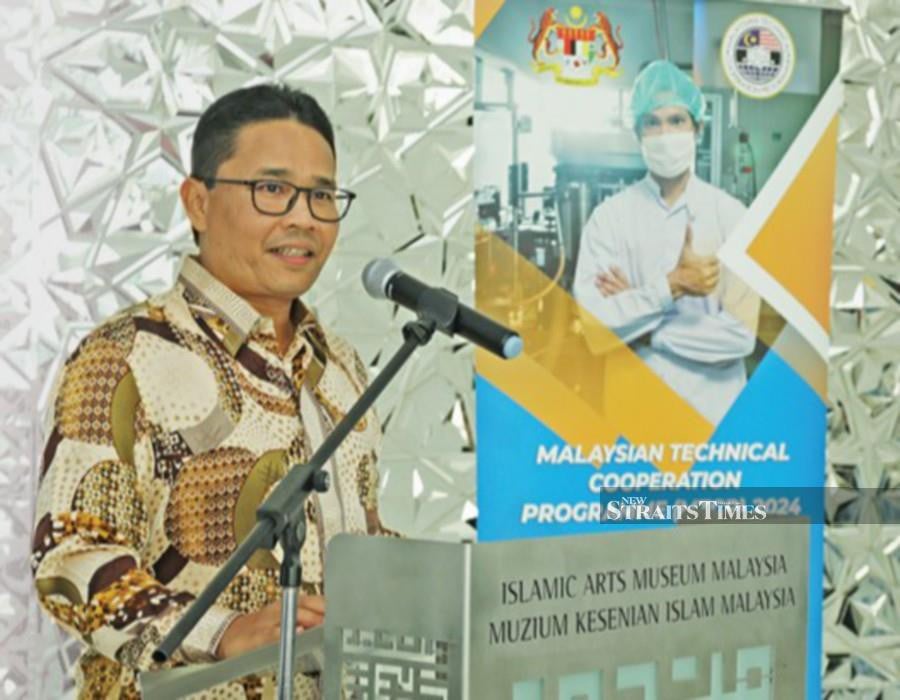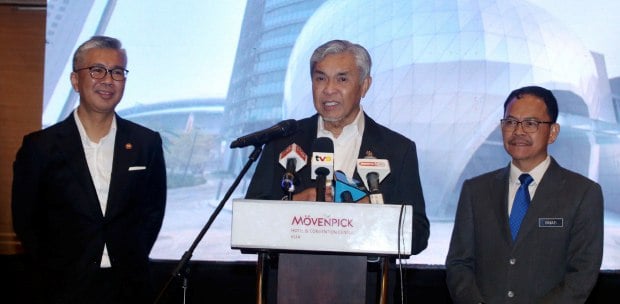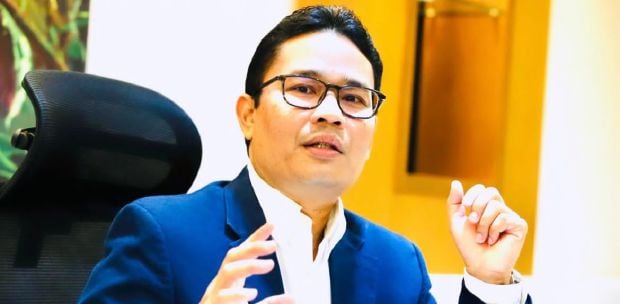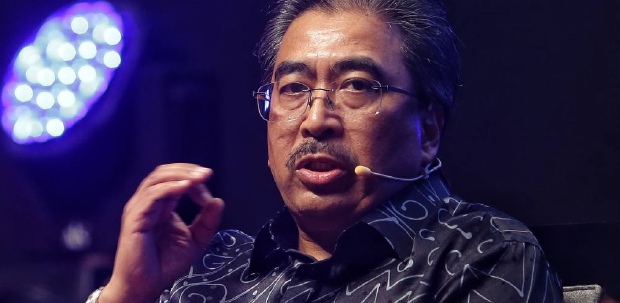KUALA LUMPUR: The projected US$5 trillion global halal market size by 2030 is too big to ignore or for any one country to handle alone, according to Khairul Azwan Harun, chairman of Halal Development Corporation Bhd (HDC).
He said that ASEAN countries must take into account the magnitude of the enormous prospective market.
In a statement, he said that the demand for halal goods and services is still driven by the 1.9 billion Muslims who make up 24 per cent of the world's population.
The goal of HDC is to fast-track the growth of the halal sector in the ASEAN area.
"As the coming Asean chairing country in 2025, Malaysia is focused on strengthening engagement within Asean, allowing us to share our resources and collectively build a community that benefits from each other's expertise.
"Therefore, we hope that Asean countries can collaborate to build a robust halal ecosystem and collectively tap into this economic opportunity.
"We, at HDC, can help develop a customised framework to realise the potential of halal trade in various aspects as well as solutions to support the movement of halal products and services," he added.
Recently, HDC hosted the Malaysian Technical Cooperation Programme (MTCP) – Halal Industry Module. This bilateral technical cooperation initiative, established by the government, aims to share Malaysia's development experiences and expertise with other developing countries.
The inaugural session of the programme, titled "Halal: Industry Awareness and Ecosystem Development," concluded on Thursday with 15 international delegates from the Philippines, Lao People's Democratic Republic, and Thailand completing the 10-day programme.
Fully funded by the Ministry of Foreign Affairs Malaysia (MOFA), this programme underscores Malaysia's critical role in promoting halal awareness and supporting ecosystem development within the industry.
Khairul noted that HDC's intention to share its experiences with ASEAN neighbors stems from their cultural and experiential similarities.
MTCP is specifically designed to help representatives from each participating country understand and experience Malaysia's approach to developing the halal ecosystem.





